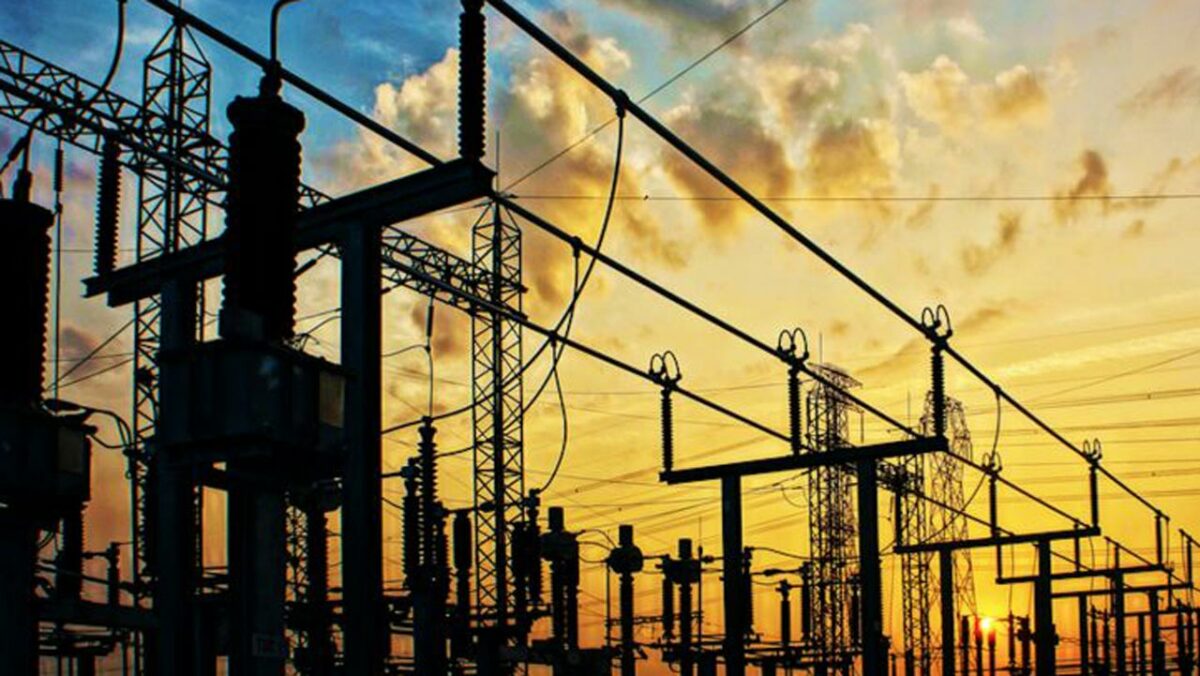Latest News
We pay N2 million monthly electricity bills for Jibia residents: Council Chair

The chairman of the Jibia Local Government Area of Katsina State, Bishir Sabi’u, says the council pays N2 million electricity bills for Jibia residents monthly.
The chairman disclosed this in Jibia on Thursday while addressing members of the Nigeria Union of Journalists (NUJ) Correspondents Chapel during a media tour by the union.
Represented by the council secretary, Mohammed Lawal-Jibia, Mr Sabu`i said the council has an agreement with the Kano Electricity Distribution Company (KEDCO) to pay about N2 million for electricity every month.
According to him, the aim of paying electricity bills for the residents was to reduce their hardship, looking at the security situation in the area.
He explained that those operating businesses like welding, ice block industries that consume much electricity, and fuel stations are not part of the support.
“Also, we have connected the entire Jibia town to a dedicated line from the transmission line, and the project is fully completed.
“But the light was tested, even though we’re still waiting for the approval of the Transmission Company of Nigeria (TCN) for the line to be energised.
“I want to assure you that if the line starts working, people of Jibia will witness 24 hours in a 24-hour-a-week power supply,” he said.
According to him, this achievement, along with others in agriculture, education, health, and empowerment, was recorded with the approval of Governor Dikko Radda.
The chairman further revealed that the security situation in the area has drastically reduced, saying Mr Radda has never rejected their request on security issues.
Mr Sabu`i disclosed that the state government has provided land in the area, where the construction of about 152 houses for IDPs is ongoing.
Jibia is one of the security frontline areas, where before now, hardly a day will pass without attacks, with many residents displaced.
(NAN)

